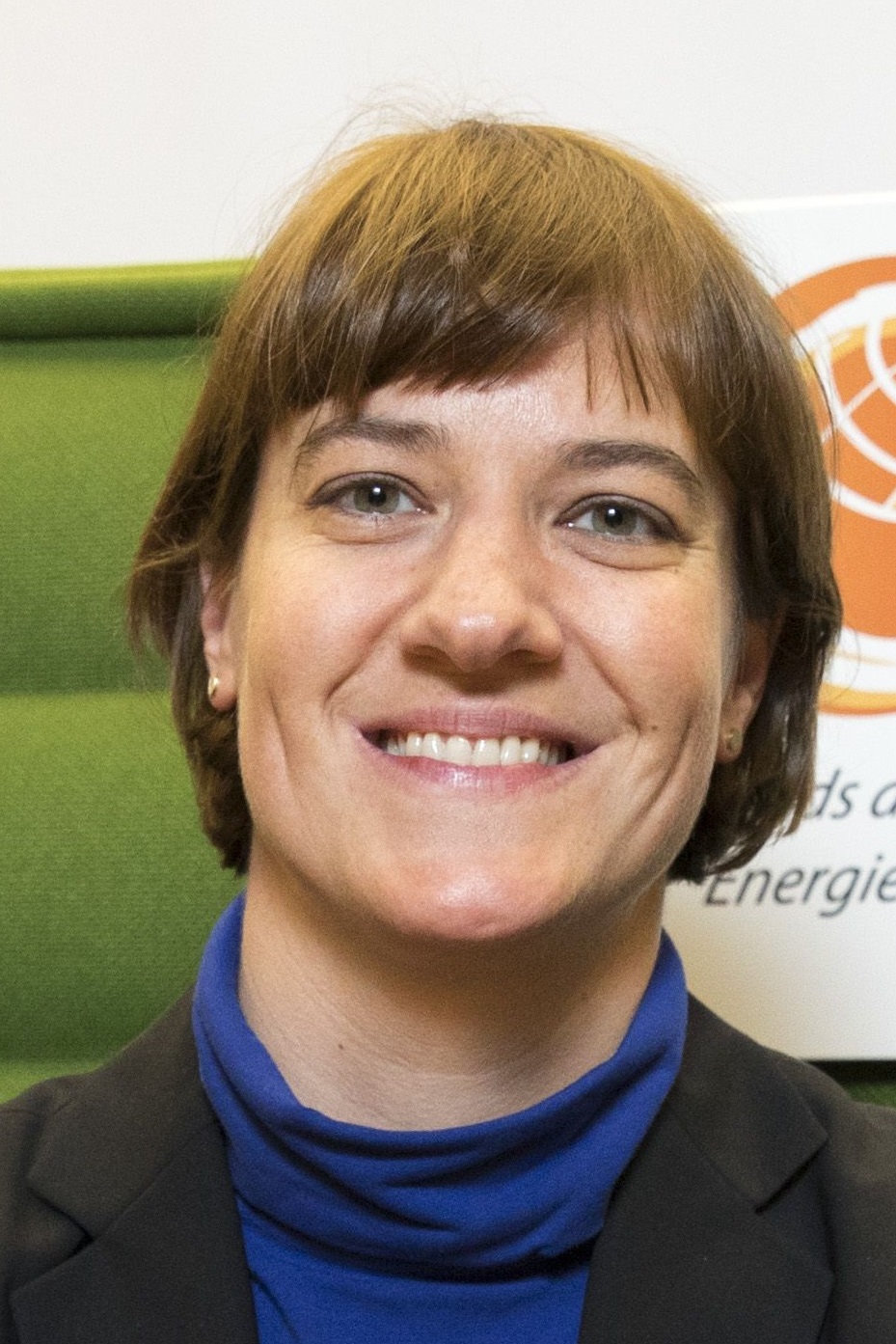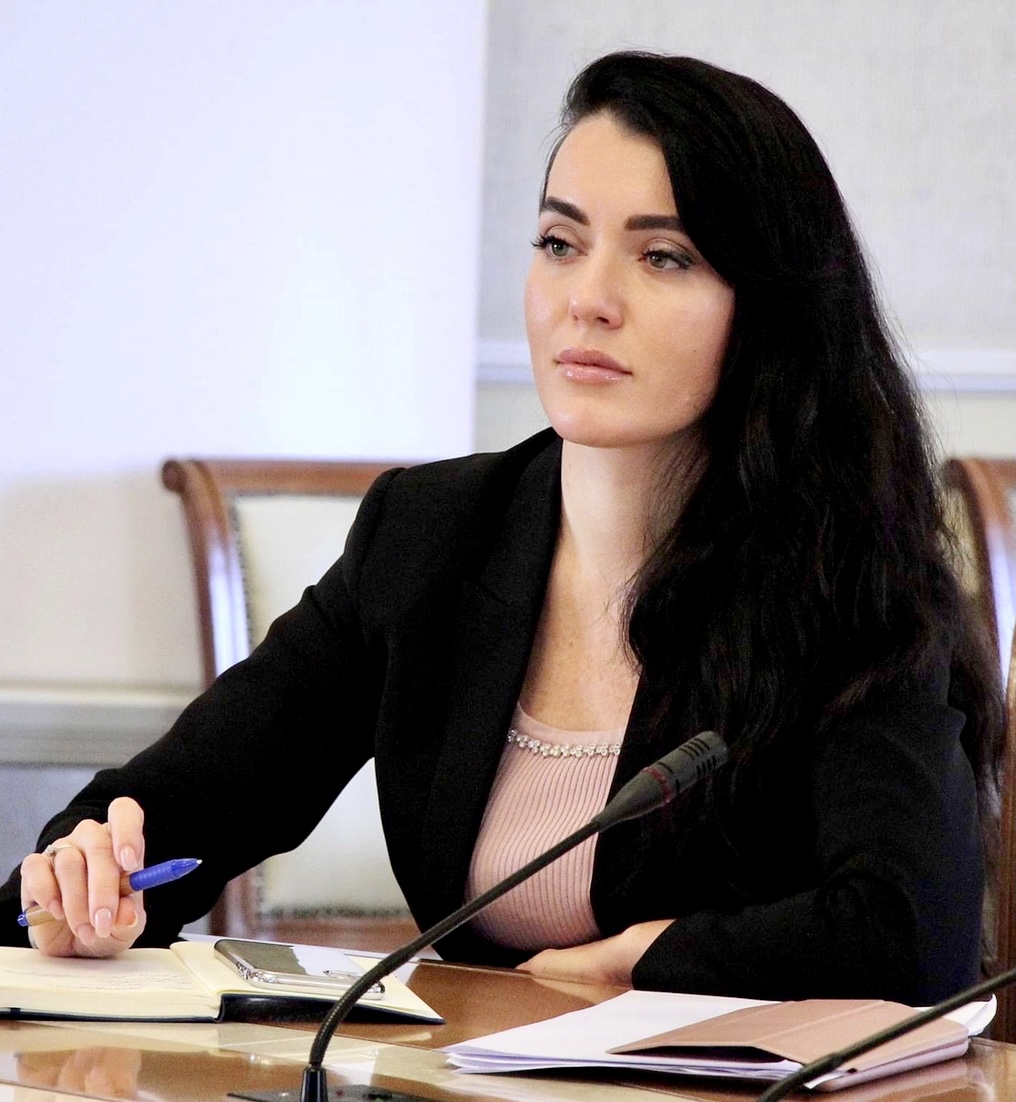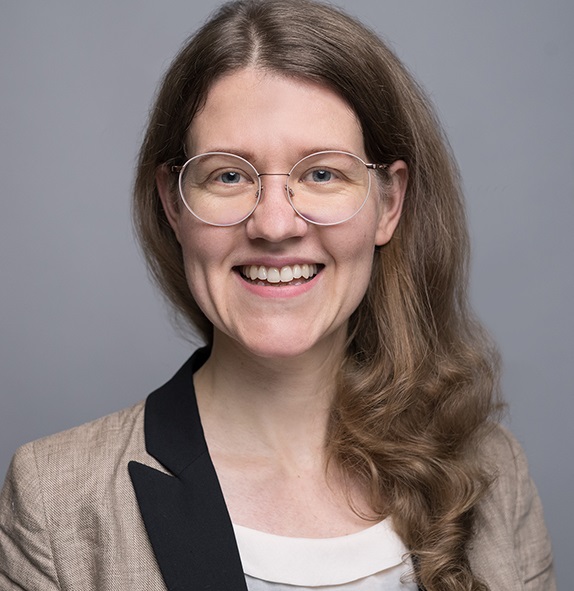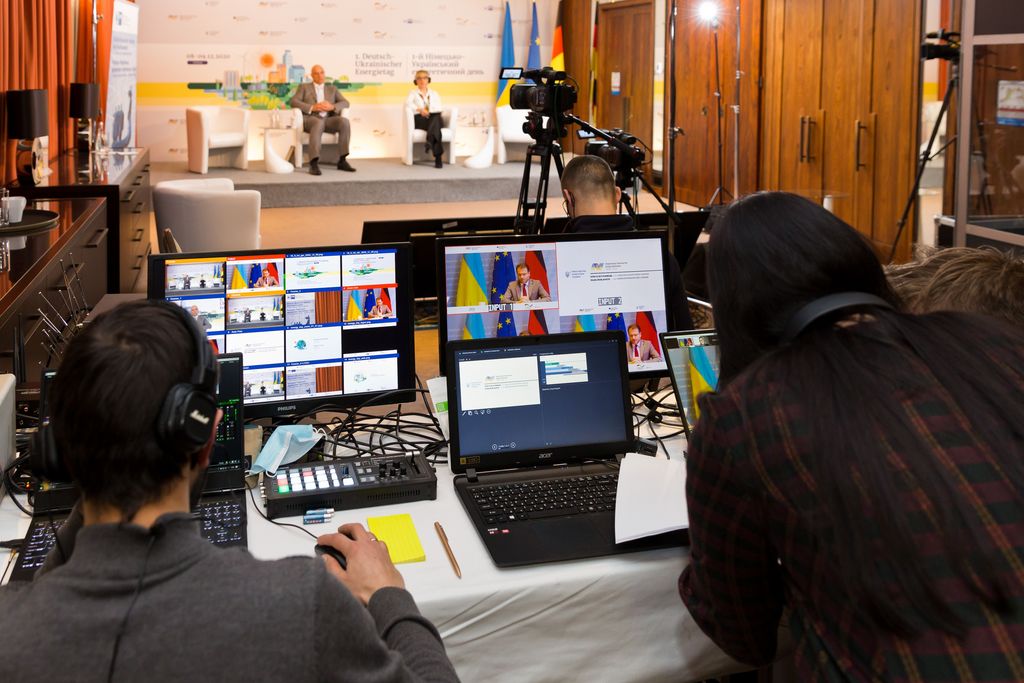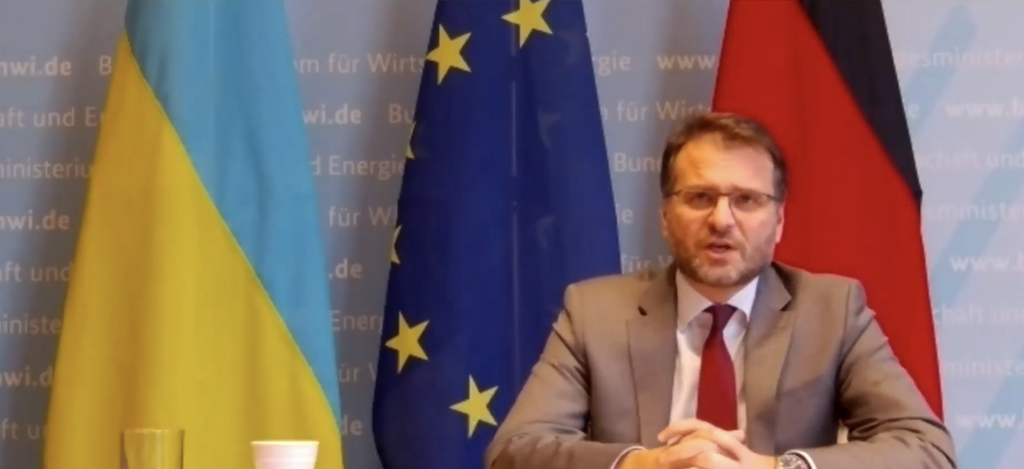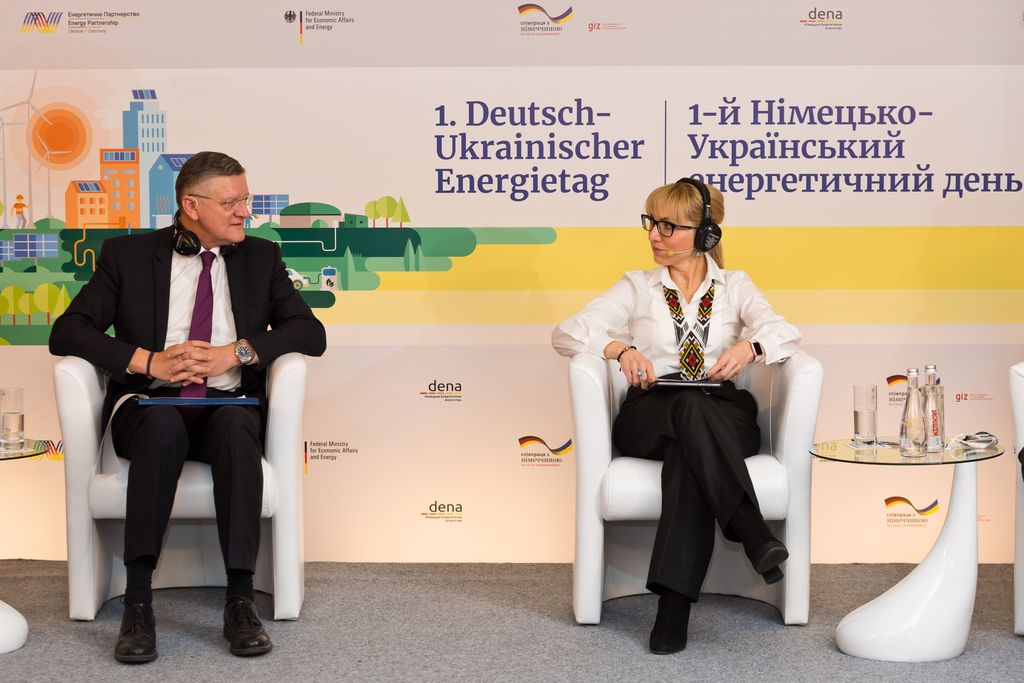The 1st German-Ukrainian Energy Day took place within the framework of the German-Ukrainian Energy Partnership on 8 and 9 December. As a central bilateral energy policy event, the Energy Day annually brings together representatives from politics, business, expert circles and the public of both countries to exchange experiences and strengthen the bilateral cooperation in the energy sector.
Digital opening by Prime Minister Shmyhal and State Secretary Feicht
More than 350 participants followed the digital broadcast of the Energy Day, which was officially opened on 8 December by the Ukrainian Prime Minister, Denys Shmyhal, State Secretary at the BMWi, Andreas Feicht, the German Ambassador to Ukraine, Anka Feldhusen, and the First Deputy Minister of Energy of Ukraine, Olha Buslavets.
In their opening statements, both sides emphasised the great importance of bilateral relations in the energy sector. Prime Minister Shmyhal stressed that his country is striving to reach climate neutrality by 2070 and underlined the important role that international support played on this path. In this context, he placed particular importance on the transformation of coal and the development of the hydrogen economy. State Secretary Feicht also emphasised the common challenges and reaffirmed the Federal Government's will to expand its long-standing engagement in Ukraine in a targeted manner within the framework of the energy partnership further. Against the backdrop of Germany's experience with the energy transition, he said, concrete projects, investment security and the development of medium- and long-term perspectives are needed in addition to political dialogue.
Discussion panels and expert exchange: from coal transformation and hydrogen to energy efficiency and renewable energies
The following panels, of which all were attended by high-ranking participants, dealt in depth with the individual key topics of the Energy Partnership.
The first topic was the transformation of the Ukrainian coal regions. As the former First Deputy Energy Minister, Olha Buslavets, explained, the Ukrainian coal sector is on the verge of a far-reaching structural change, as was already the case in Germany several decades ago. The German Federal Ministry for Economic Affairs and Energy will support the exchange of knowledge and experience in this area with a separate project, which will be managed by GIZ. Within this context, the Federal Government appointed Stanislaw Tillich on 2 December as a special representative for structural change in the Ukrainian coal regions. As the former Prime Minister of Saxony and Chairman of the Coal Commission in Germany, Tillich was able to report first-hand on the challenges of structural change.
The hydrogen economy is seen in both countries as an important future topic for the energy transition. In highlighting this point, the German government adopted the National Hydrogen Strategy in June of this year while Ukraine is already working on a hydrogen strategy, as Deputy Energy Minister of Ukraine, Yaroslav Demchenkov, explained. Further, the adaptation of corresponding legal norms will be sought next year in order to tap Ukraine's huge potential for "green" hydrogen. At the same time, the first pilot projects are already being driven forward with the support of German partners in various regions of Ukraine. The first major step taken in this direction was a Memorandum of Understanding on hydrogen cooperation between the Ukrainian Ministry of Energy and Siemens Energy, signed during the Energy Day.
True to the motto "efficiency first", energy efficiency is a central pillar of the energy transition and at the same time a topic in which the German Government has been particularly active in Ukraine for many years, especially through projects of BMZ and BMU. The great importance of energy efficiency, not least for the energy sector itself, was also underlined in the panel through the participation of the Ukrainian Ministry for the Development of Municipalities and Territories and representatives of BMZ and BMU on the German side.
The participants agreed that concrete projects are needed in many areas to sustainably improve energy efficiency. One example of this is the State Energy Efficiency Fund of Ukraine, which was set up together with German support, among others.
The further expansion of renewable energies is also of fundamental importance for the development of a variety of topics. This has been characterised by rapid development in Ukraine in recent years, but also by difficult negotiations when the feed-in tariff was lowered. Oleksandr Martyniuk, representative of the Ministry of Energy, stated that Ukraine is currently working on a changeover to an auction system and has already planned expansion quotas for the next few years in order to achieve the goal postulated in the energy strategy of a 25% share of renewable energies in primary energy consumption by 2035. The German speakers on the panel presented "lessons learned" from the expansion of renewables in Germany. The BMWi is already supporting Ukraine in a project-integration of renewable energies into the grid and will participate in the working group on renewable energies within the framework of the energy partnership.
The German-Ukrainian Energy Day is a joint initiative of the Federal Ministry for Economic Affairs and Energy (BMWi) and the Ministry of Energy of Ukraine (Minenergo) and will take place annually as part of the German-Ukrainian Energy Partnership
